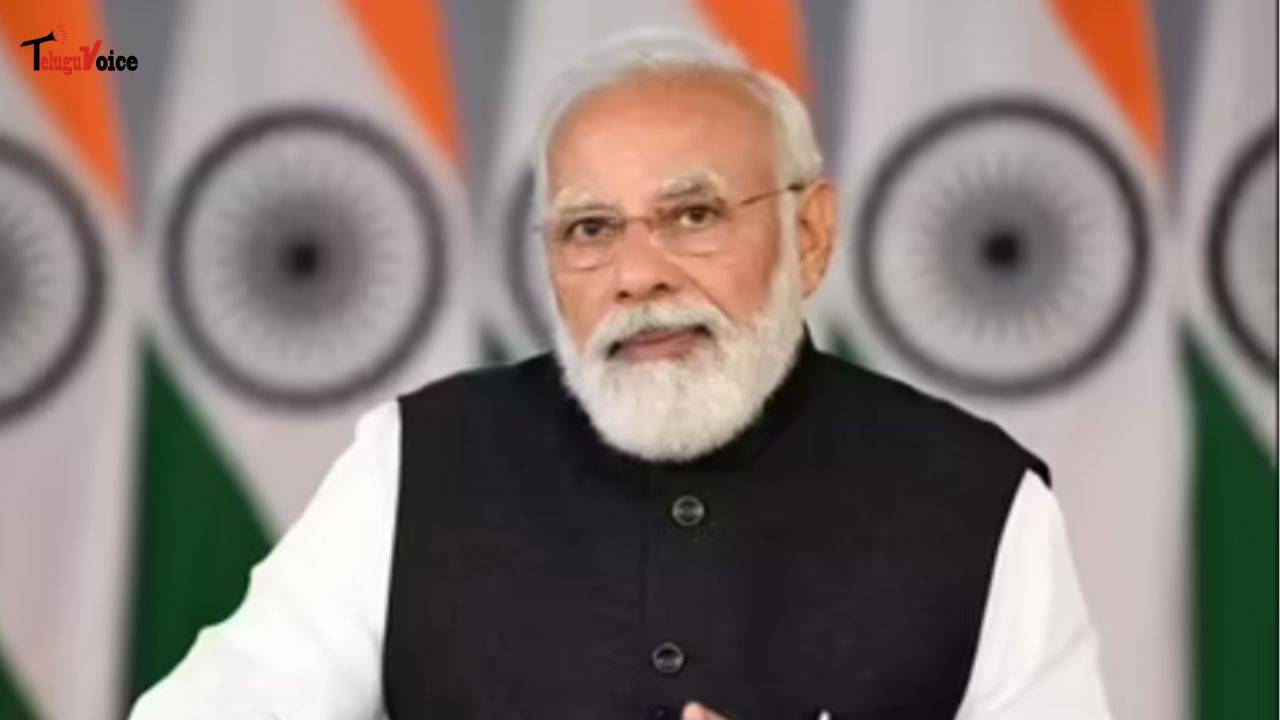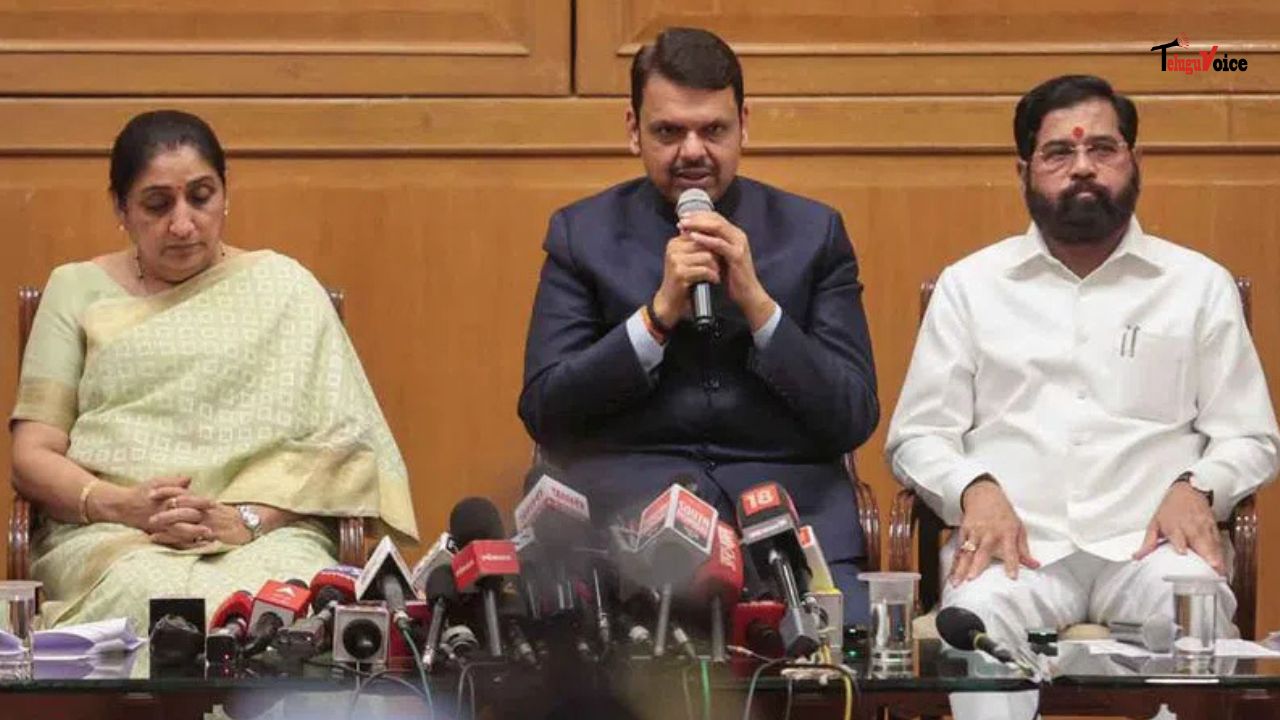PM Modi Outlines Global Priorities for Disaster-Resilient Infrastructure

At the International Conference on Disaster Resilient Infrastructure 2025 held in Paris, Prime Minister Narendra Modi outlined five key global priorities to build infrastructure resilient to climate-induced disasters. Emphasizing that disaster resilience is no longer optional, Modi stressed the urgent need to protect vulnerable regions—particularly coastal and island nations—through collaborative international action.
Modi praised French President Emmanuel Macron for hosting the event and highlighted the upcoming UN Oceans Conference as an opportunity to amplify global focus on climate action. He stressed that the world must now build infrastructure that can “stand firm against time and tide,” especially in the face of increasingly severe cyclones and typhoons across continents.
Modi's five priorities included: integrating disaster resilience into education and skills training; establishing a global digital repository of best practices; creating innovative financing mechanisms for developing countries; treating Small Island Developing States (SIDS) as 'Large Ocean Countries' in need of special support; and improving early warning systems for last-mile communication.
Referencing India’s past experiences with disasters like the 1999 super-cyclone and the 2004 tsunami, Modi noted how these events shaped India’s investments in resilient infrastructure, including early warning systems and robust disaster shelters. These initiatives have since been expanded to benefit 29 countries.
India’s leadership in the Coalition for Disaster Resilient Infrastructure (CDRI), which it helped found, positions it as a key global player in promoting resilience. Modi called for greater knowledge-sharing and coordination among nations to prepare infrastructure that can mitigate the risks posed by climate change.
His speech set the tone for renewed international cooperation on infrastructure design, financing, and technology deployment aimed at long-term sustainability and disaster preparedness, particularly for the Global South.

 South Africa tour of India 2019
South Africa tour of India 2019










Comments